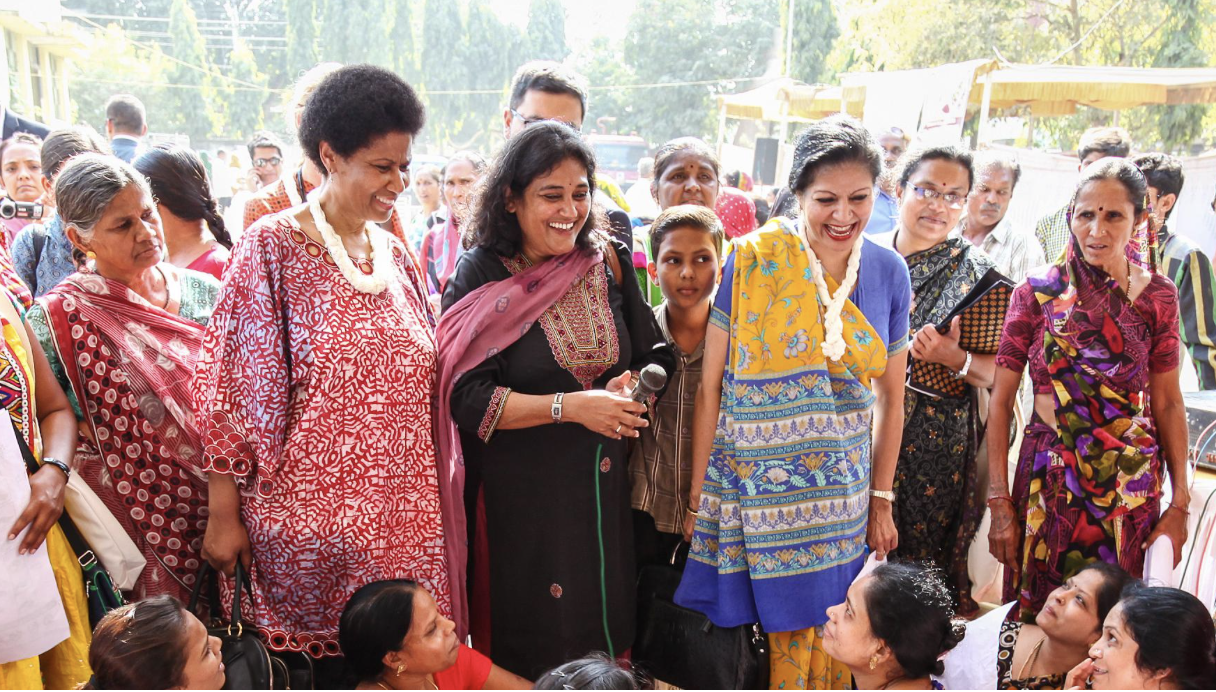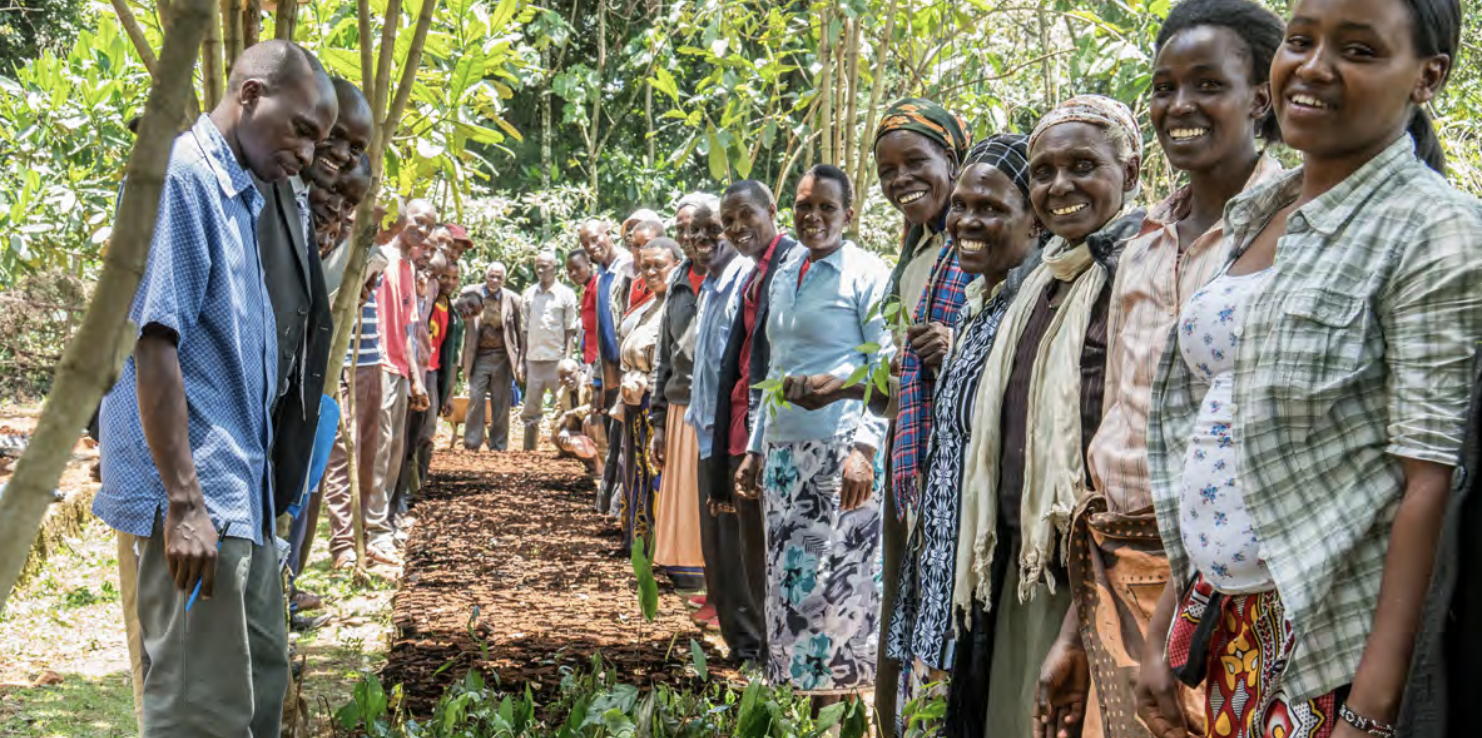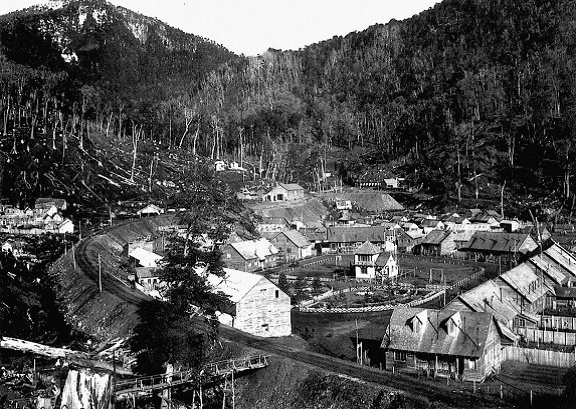My life has always been motivated to leave a footprint on the planet and make a difference in every action I do daily for the common good. Therefore, my education, my working experience and my participation as a volunteer in different programs and projects in NGOs (Non-Governmental Organizations), provide an evidence of it.
At college I became interested in research and about local and global environmental issues. My undergraduate research project was in eco-efficiency (re-use of polluting materials in paint industry). In addition, I established and led the environmental club to face the problem of solid waste generation with awareness campaigns and researches to enhance and reuse generated waste. As a contribution to it, I conducted a research, "Reuse of all chemical components of batteries by wet methods", with which I won the first prize in Science and Environment contest organized by Bayer, and was Ambassador of Ecuador in the Bayer Youth Environmental Meeting in Germany in 2004.
My academic background is based on Sciences, with emphasis in environmental sciences. That allows me to have a better understanding of environmental issues and a search of science-based solutions. However, to complete my studies and to deepen my interest in the issue of climate change, I followed a postgraduate course on Climate Change and clean development mechanisms and later a MSc. Goblal Environmental Change at King's College, where I obtained a deeper understanding of this issue, its impacts over the environment and several strategies to combat climate change. I have conducted three researches and several publications, the first one was focused on the field of climate change mitigation "Goals and mitigation measures of Agricultural sector of Ecuador", the second was on “Strategies for climate change adaptation in water sector of Ecuador” and the third one "Hydrologic responses to climatic change in Paute River Basin in Ecuador: A case study with SWAT (Solid and Water Assessment Tool) and WaterWorld hydrological models". Currently, I am studying a master Programme in Water Science, Policy and Management at University of Oxford. Sustainable water management is an increasingly complex challenge and policy priority facing global society. The MSc aims to equip the next generation of water professionals with the blend of skills necessary to make a significant contribution to sustainable water management pathways across competing priorities of water for ecosystems, food, energy, economic growth and human consumption
My experience as a volunteer and career in public institutions, has allowed me to feel and create solutions on local and community level, deepening my knowledge in specific areas such as development and planning, integrated water resources management, impacts of climate change and public policy. At the National Water Secretariat, I built and spread out in several countries, Ecuador's proposal to introduce the topic of climate change impact on water resources and the integrated management of water resources in United Nations Framework Convention on Climate Change. As National Director of Climate Change I developed, led and monitored climate change projects; including funding raising for these projects. Approximadetely, I managed a budget between USD 300,000 to 400,000 and I have a team of 50 people. Most of the project are linked with International cooperation. For instance, EUROCLIMA that is a European Commission programme which aims to encourage cooperation between Latin America and the EU on climate change issues, with a total foreseen EU contribution of €5 million for a 3-year duration. This project include low carbon development strategies, NAMAS, adaptation of climate change, capacity building and public policy links.
Other programme that I led is the UN-REDD Programme. This programme is the United Nations collaborative initiative on Reducing Emissions from Deforestation and forest Degradation (REDD) in developing countries. The Programme was launched in 2008 and builds on the convening role and technical expertise of the Food and Agriculture Organization of the United Nations (FAO), the United Nations Development Programme (UNDP) and the United Nations Environment Programme (UNEP). The UN-REDD Programme supports nationally-led REDD+ processes and promotes the informed and meaningful involvement of all stakeholders, including Indigenous Peoples and other forest-dependent communities, in national and international REDD+ implementation.
In addition to these projects, I have participated in several consulting and consultations on issues of climate change, water and environment in my country, Ecuador, and other countries like El Salvador, Peru, Colombia and Brazil.
Joined 2015
Organisation



